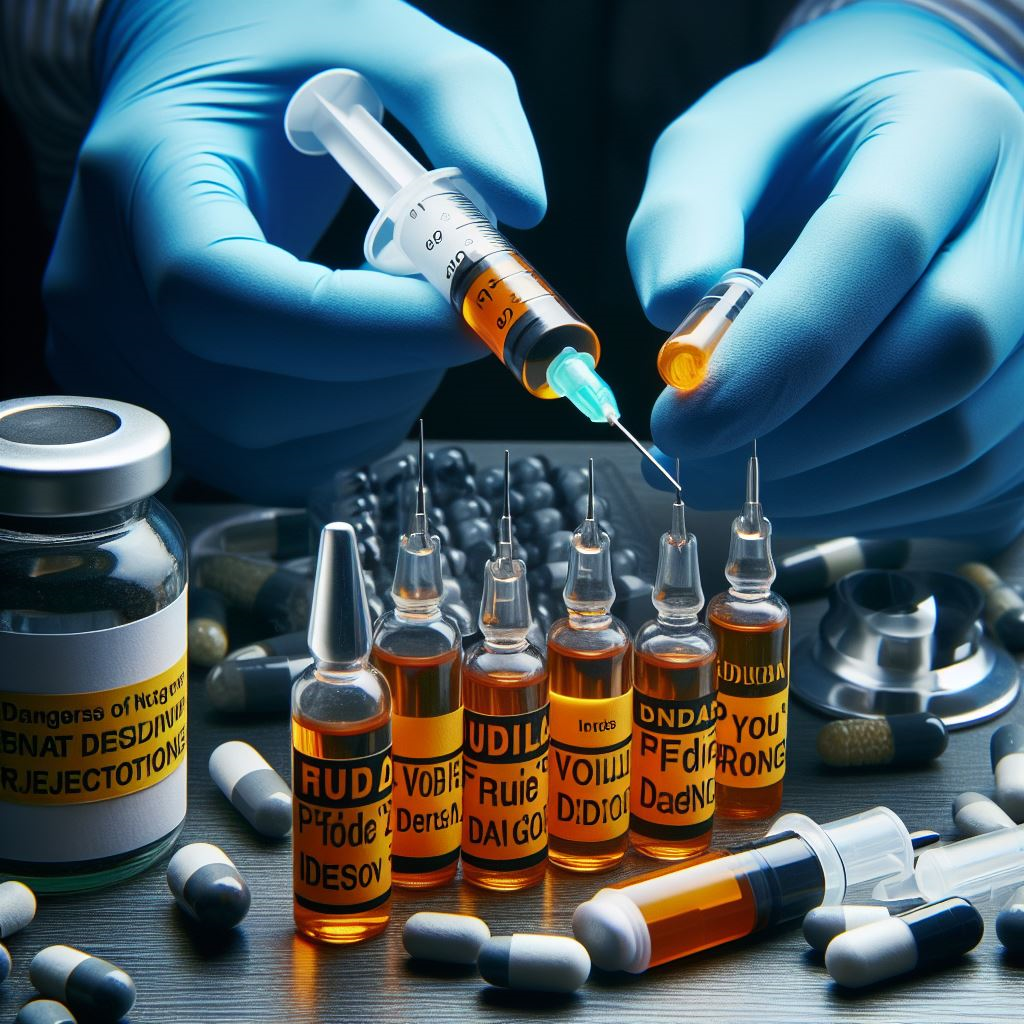The FDA’s warning comes after receiving reports of consumers experiencing serious side effects following the use of these unapproved fat-dissolving injections.

The Food and Drug Administration (FDA) has raised concerns about the growing use of unauthorized versions of fat-dissolving injections, citing reports of severe side effects such as persistent scarring, severe infections, and skin deformities.
These injections, commonly referred to as lipolysis injections, are nonsurgical procedures designed to target and dissolve small amounts of fat beneath the skin, often administered in problem areas like the chin, legs, upper arms, and abdomen.
While the FDA has approved one fat-dissolving injection called Kybella, manufactured by Kythera Biopharmaceuticals, it has become increasingly alarmed by the proliferation of unapproved injections in clinics and med spas across the United States.
These unauthorized products, sold under brand names such as Aqualyx, Lipodissolve, Lipo Lab, and Kabelline, are also available online, containing unapproved ingredients like phosphatidylcholine and sodium deoxycholate.
The FDA’s warning comes after receiving reports of consumers experiencing serious side effects following the use of these unapproved fat-dissolving injections. The reported side effects include permanent scars, serious infections, skin deformities, cysts, and painful knots. In some instances, these injections were administered by individuals lacking proper licensing, raising concerns about the safety and legitimacy of the procedures.
Dr. Dan Maselli, an obesity medicine physician at True You Weight Loss in Atlanta, emphasized the risks associated with self-administration of these products, especially when purchased online. He highlighted the uncertainty surrounding the chemicals used and the potential dangers of injecting substances into unknown areas of the body, such as blood vessels or nerves.
The FDA’s warning recounted a case where a woman developed knots on both arms one week after receiving unapproved injections, underscoring the serious consequences of these procedures. The report also mentioned instances of infected knots at injection sites, emphasizing the potential health hazards associated with unauthorized fat-dissolving injections.
Dr. Shauna Levy, a specialist in obesity medicine and the medical director of the Tulane Bariatric Center in New Orleans, commented on the motivations behind seeking such treatments. She noted that individuals often pursue these procedures for quick fixes to weight loss goals or cosmetic reasons, especially during the holiday season. However, Levy emphasized that these treatments do not address the root cause of metabolic health issues and suggested alternative approaches like GLP-1 medications and bariatric surgery.
The FDA urged consumers to exercise caution and avoid purchasing fat-dissolving products from websites, as these products may be ineffective and pose a risk of severe side effects. The agency emphasized the importance of consulting healthcare providers if individuals experience adverse reactions from unapproved injections.
In addition to the potential health risks, the FDA’s warning highlighted the impact of unauthorized fat-dissolving injections on the credibility and safety of cosmetic and weight loss procedures. As the demand for such treatments continues to rise, regulatory bodies face the challenge of ensuring public safety and preventing the proliferation of unapproved products in the market.
The FDA’s advisory serves as a critical reminder for both consumers and practitioners to prioritize safety, verify the legitimacy of medical procedures, and seek licensed professionals when considering cosmetic interventions. As the cosmetic and weight loss industry evolves, maintaining rigorous standards and regulatory oversight becomes imperative to safeguard public health and well-being.